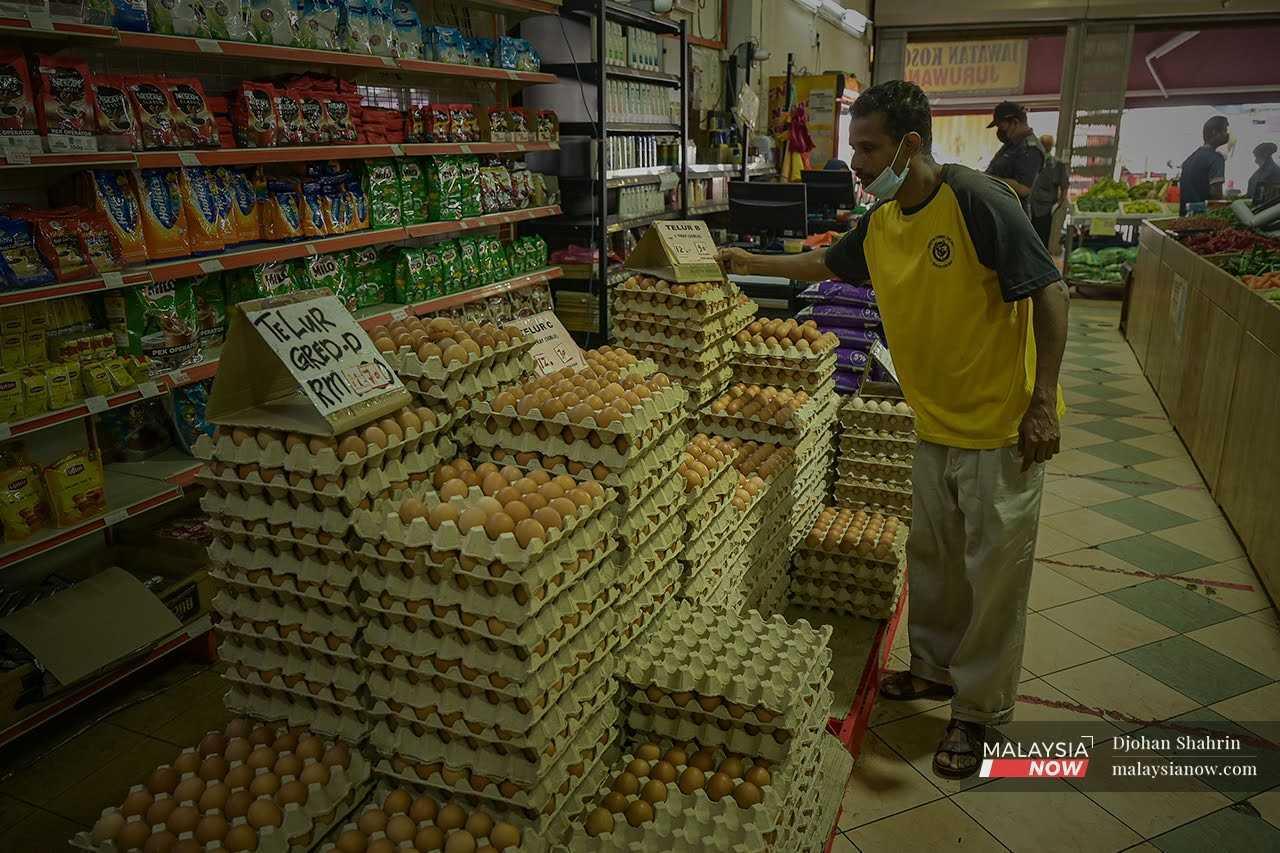Egg imports borne by company, no public funds involved, says ministry
The agriculture and food security ministry says no subsidies are provided for the matter.
Just In
The special approval given for the temporary import of eggs does not involve public funds, the agriculture and food security ministry said yesterday.
In a statement, the ministry said any expenditure and risks in the matter were fully borne by the importing company with no public funds used.
"The Malaysian government does not provide subsidies to imported chicken eggs as enjoyed by local chicken egg producers," it said.
On Dec 6, Agriculture and Food Security Minister Mohamad Sabu announced the approval to import eggs from external sources as a temporary measure to overcome the shortage of eggs.
The temporary approval until June 30, 2023 was given to J&E Advance Tech Sdn Bhd and an egg exporting company in India that has the supply capacity and had also supplied eggs to Qatar during the 2022 World Cup.
In order to ensure that the people receive imported eggs that are safe and disease-free, the ministry said the Malaysian Quarantine and Inspection Services Department (Maqis) and the Veterinary Services Department (DVS) had implemented controls on the entry of imported chicken eggs at the country's entry points.
The control is a hold, test and release (HTR) test that includes PCR tests for the detection of salmonella bacteria, Newcastle disease virus and avian influenza.
"Only eggs that pass the HTR test are allowed to enter the country. So far no imported chicken eggs have failed this test," it said.
The ministry said based on DVS records, the government's efforts to overcome the shortage of eggs in the country since January had started to show positive developments.
Based on the records, Malaysia had a shortage of 118,272,070 eggs in October 2022, 157,543,291 in November 2022 and 1,282,094 in December 2022. However, it experienced an increase of 160,649,928 in January this year.
"The government will always take proactive measures to ensure that the food supply in the country is sufficient and assured," it said.
Subscribe to our newsletter
To be updated with all the latest news and analyses daily.
